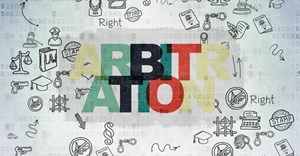
Section 41 register not published - how does this affect employment equity compliance?

Lauren Salt, senior associate in the Employment & Compensation Practice at Baker McKenzie in Johannesburg notes that in order to obtain a B-BBEE rating, companies are required to undergo a B-BBEE verification exercise. During this exercise, a verification agent and/or registered auditor verifies and validates that the score awarded to the measured entity, as a result of individual scorecard elements supplied by entity, is an indicative B-BBEE score and certification based on the principles of the Codes.
Salt notes that section 41 of the EEA requires the Minister of Labour to keep a register of designated employers that have submitted their employment equity reports. This register is made publicly available annually in April/May.
“Often, BEE verification agents base an employer's employment compliance on their presence on the section 41 register. However, this year the Minister has not yet made the register available,” says Salt.
She notes that while verification agents usually consider the company's name on the register as being indicative of compliance, they should be guided by the verification manual. The manual only requires the verification agent to obtain the Employment Equity Report (completed on form EEA2) and the Income Differentials Statement (completed on form EEA4) submitted to the Department of Labour; and apply for confirmation in respect of the EEA2 from the Department of Labour.
Salt says that the manual makes no mention of the section 41 register.
“As such, companies should not be concerned that the Department of Labour's failure to timeously publish the section 41 register will impede their verification process and/or their B-BBEE rating.
“Companies need only have their submitted EEA2 and EEA4 forms during the verification exercise, as well as confirmation from the Department of Labour that they have submitted these documents for the relevant reporting year,” she adds.















